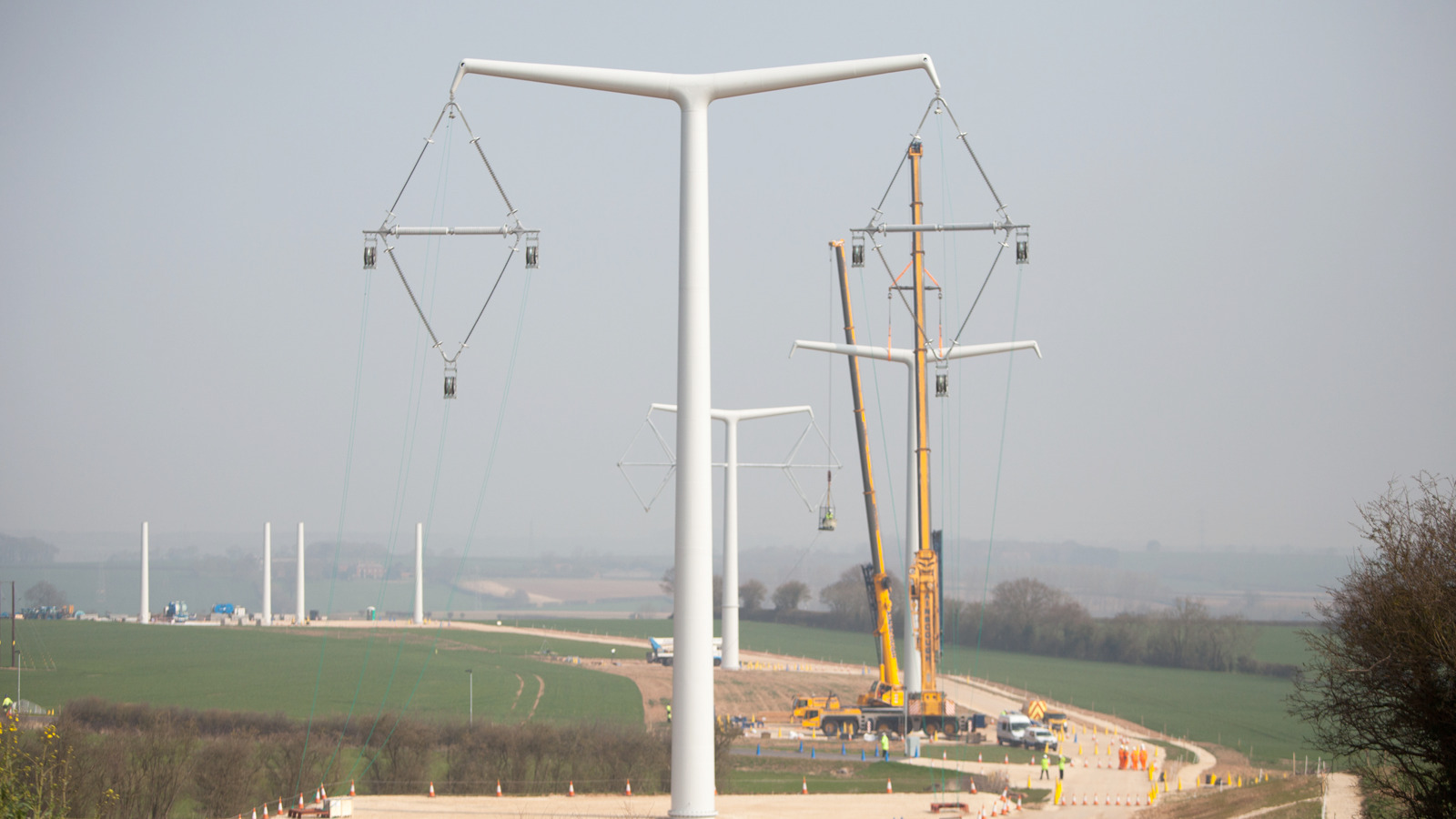Researchers are using the latest climate science to help local authorities calculate their carbon budget and cut down on emissions.
Scientists from The University of Manchester and the Tyndall Centre for Climate Change Research have developed and launched an online tool which is now being used by local authorities including Manchester to understand their role in meeting the climate change objectives set by the UN.
The tool allows users to calculate a carbon budget for any UK administrative area larger than local authority scale, and set climate change targets which meet the objectives of the United Nations Paris Agreement on Climate Change.
The tool is based on latest synthesis report from the Intergovernmental Panel on Climate Change on how quantities of carbon dioxide emissions from human activities relate to global warming.
The Tyndall carbon budget tool is a particularly relevant resource for local authorities which have declared a climate emergency. By using the tool, authorities can better understand the scale of the challenge when addressing climate change through local action.
27 local authorities, including Manchester City, Sheffield, and Leeds, have already piloted and are now actively using the online tool to set science drive climate goals based on research. The method and data behind the tool was also used by the Greater Manchester Council to set targets at the recent Green Summit held in the city.
The tool calculates a maximum carbon budget for the selected area, as well as projected emissions reduction pathway, interim carbon budgets and average emissions reduction rate. The tool provides a downloadable PDF covering the method, results and recommendations for the carbon budget. The tool is free to use and is compatible with the SCATTER carbon footprint tool and CDP sustainability reporting.
The approach is based on a carbon budget setting approach for local authority areas developed through the BEIS funded Setting City Area Targets and Trajectories for Emissions Reduction (SCATTER) project.
Dr Chris Jones from The University of Manchester, who helped develop the tool, said: “Our approach applies principles from the Paris Agreement to scale this global carbon budget down to the UK and a set of clearly stated allocation principles to share the carbon budget between local areas.
“This is a practical and straightforward way for local and devolved governments in the UK to translate the implications of the Paris Agreement into carbon reduction commitments based on the latest science.”





